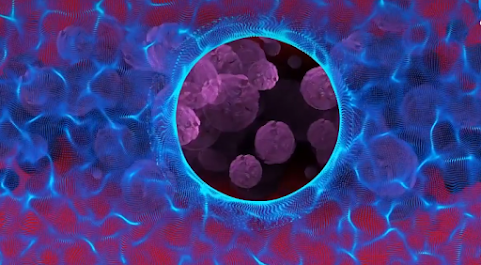An experimental cancer drug proved a 100 percent success rate in a small study trial on patients with rectal cancer conducted by doctors at New York's Memorial Sloan Kettering Cancer Center.
A group of 18 anal cancer patients showed no signs of a tumor after taking antibody drugs for six months, according to surprising findings from an ongoing medical study in the United States.
However apart from their tumors completely disappearing, none of the participants experienced any severe side effects, according to a recent study published in the New England Journal of Medicine.
The patient underwent a series of tests including a physical examination, endoscopy, cinema, PET scan, and MRI scan, but none of the results showed a tumor.
"All 18 patients had a complete clinical response with no signs of magnetic resonance imaging," the researchers write.
"To measure the length of reaction, a longer follow-up is required," they stressed.
The researchers seek to see if Dostarlimab, an antibody drug, combined with standard chemoradiotherapy and surgery was an effective treatment for advanced 'deficient MisMatch Repair' (dMMR) solid tumors.
Cells lacking MMR usually have multiple DNA mutations that cause cancer.
According to the journal, MMR deficiency is most common in colon cancer, other types of gastrointestinal cancer, and endometrial cancer.
Participants in the study at the Sloan Catering Memorial Cancer Center in New York City received medication every three weeks for six months if they had stage II or III rectal adenocarcinoma and they didn't heal.
Adenocarcinoma is a type of cancer that occurs in the glands that cover our internal organs.
Treatment should be followed by standard chemotherapy and surgery, but patients with a complete clinical response should skip both.
All 12 patients showed a “clinically complete response” with no
tumor symptoms after at least six months of follow-up.
Medical research is supported by the Simon and Yves Colin Foundation, GlaxoSmithKline, Take A stand to Cancer, Swim Across America, and the National Cancer Institute of the National Institutes of Health.


Comments
Post a Comment
shujaatabbasi15@gmail.com